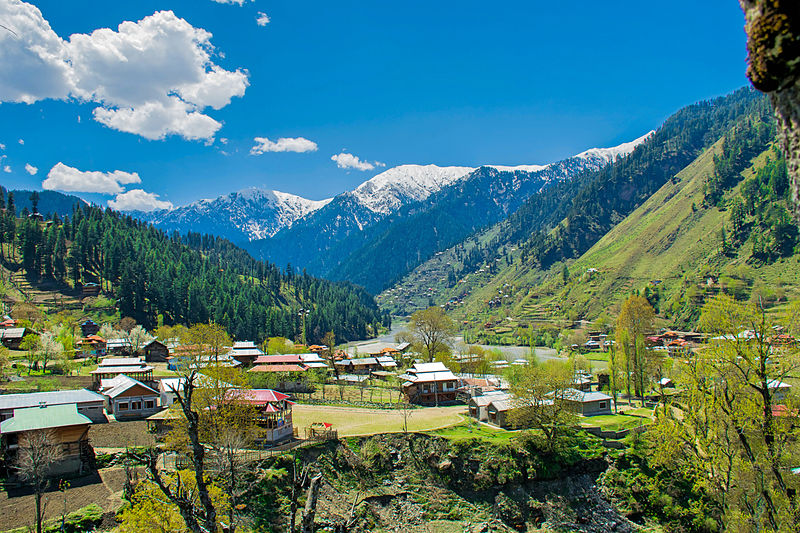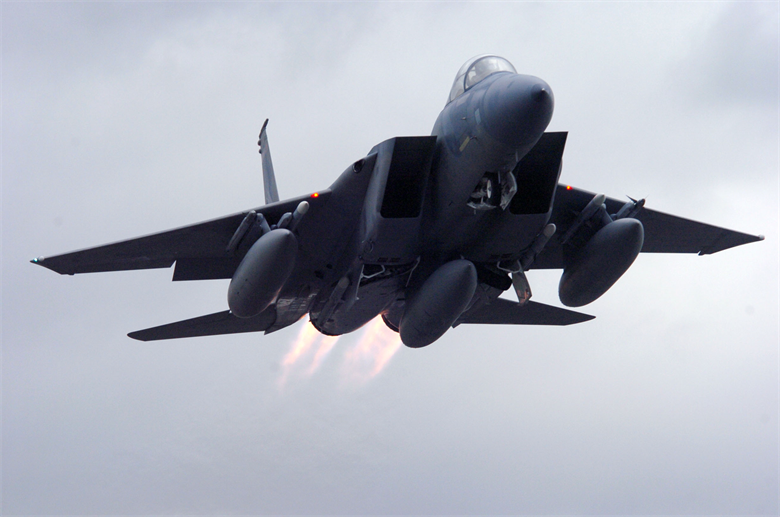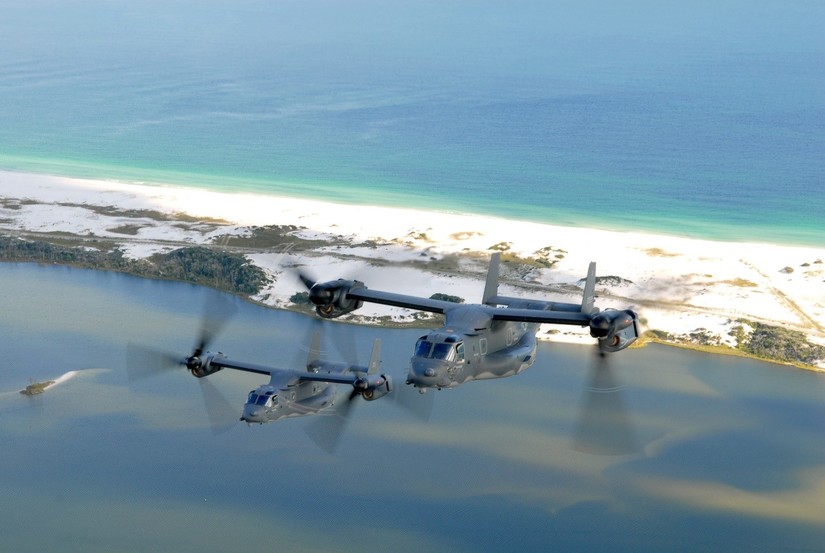Samer Khurshid traces the Kashmir Conflict, explaining the issue via pictures.
Author: Samer Khurshid
Samer Tahir Khurshid (Samer Khurshid) completed his honours undergraduate degree from York U in Public Policy and Administration. He was employed by the Canadian Army as a logistics officer, joining due to a personal connection to the 1947 Pakistan-India partition. He intends to aid in the influencing of public policy. He has a broad cultural understanding, circumnavigating the globe. He can speak several languages, including English, French, Urdu and Punjabi. His passions are history, politics, public policy and reading. These were ingrained into his psyche by reading university texts and discussing events with elders. The areas of procurement, counter-terrorism, military strategy and Arctic sovereignty, are his subjects of interest. He is very influential from a policy perspective on the issue of Kashmir, with his work aiding in parliamentary policy debates. He has also stirred debate on the legitimacy of Islamic Terror organizations, through his article on Jihad, which justifies the War on Terror according to Islamic principles. In the procurement area, he has mentioned numerous innovative ideas that few would conceptualize (such as a reimagined Avro Arrow and MagnetoHydrodynamic driven electricity generators) along with their associated best practices for integration into existing systems. He has also completed several courses in emergency management, which shape his world view along with his experiences. He can be contacted at either samerk@my.yorku.ca or samerkhurshid@outlook.com.
Replacing the CF-18 Hornets: Options and Opportunity
Samer Khurshid assesses the fighter jet options available to the Royal Canadian Air Force.
The Green Future of NATO and the Procurement of Environmentally Friendly Defence Merchandise
On Monday September 23rd, 2019 the NATO Secretary General Jens Stoltenburg,at the UN Climate Summit stated “It is very important to underline that climate change is also a security threat because it can change the conditions where people live, create new migrant and refugee crises, affect scarce resources like water, andfuel new conflicts. Climate change Read More…



